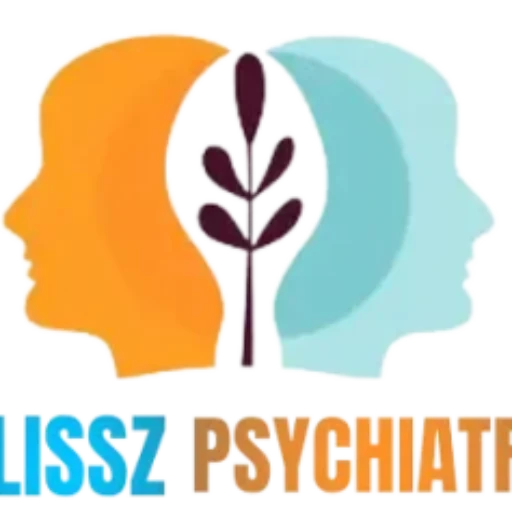Depression is more than just feeling sad or having a bad day—it’s a serious mental health condition that affects how you think, feel, and function in daily life. The good news is that depression is treatable, and with the right support and care, it’s possible to reclaim your life and…
- Toll Free Number 832-400-1002
